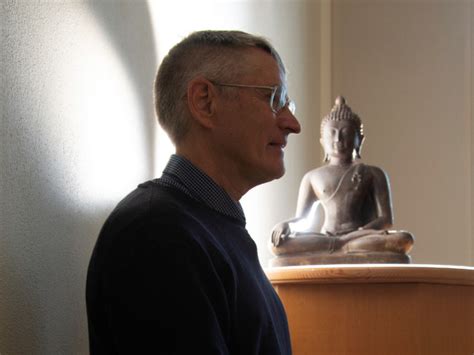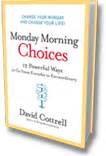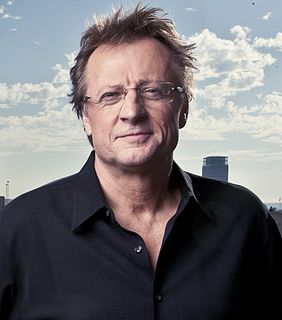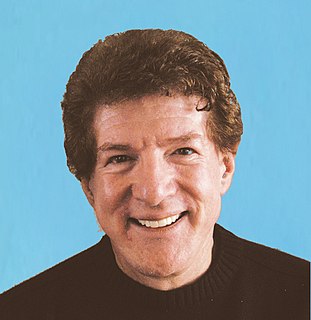A Quote by Gil Fronsdal
People who do not see their choices do not believe they have choices.
Related Quotes
A chess master can keep track of more choices than the number of stars in the galaxy within an instant, but these are people that have truly learned and mastered the choices that they have and how to deal with those choices over a very, very long period of training, so essentially what they're really doing is ruling out all the irrelevant choices and only zeroing in on the most relevant, useful choices at the moment.
Once you accept the fact that people have 'individual choices' and they're 'free' to make those choices. Free to make choices means without being influenced and I can't understand that at all. All of us are influenced in all our choices by the culture we live in, by our parents, and by the values that dominate. So, we're influenced. So there can't be free choices.
In this life we have to make many choices. Some are very important choices. Some are not. Many of our choices are between good and evil. The choices we make, however, determine to a large extent our happiness or our unhappiness, because we have to live with the consequences of our choices. Making perfect choices all of the time is not possible. It just doesn't happen. But it is possible to make good choices we can live with and grow from.
People who achieve great things are people who make choices. Far too many people today let life dictate their future instead of the other way around. Choices are hard - that's why so few actually make them. But as the saying goes - not to make a choice is to make a choice. When it comes to choices, The question is - what choices will you make today? The world doesn't care about your problems, or what's holding you back. They don't care about your past failures, or any other obstacles you face. Stop making excuses and start making choices.
The way you activate the seeds of your creation is by making choices about the results you want to create. When you make a choice, you mobilize vast human energies and resources which otherwise go untapped. All too often people fail to focus their choices upon results and therefore their choices are ineffective. If you limit your choices only to what seems possible of reasonable, you disconnect yourself from what you truly want, and all that is left is a compromise.
A well-chosen complication should give you choices. Juggling choices for your characters is what makes writing fun, after all. If you discover that you're struggling more than you ought to with a draft, perhaps you've run out of interesting choices, or have given yourself too few choices to begin with. Go back to the complication, fatten it up, and start over.































